PM: Russian military intel officers behind Montenegro plot
The security services of NATO countries have confirmed and corroborated Podgorica's information that a coup was being prepared last October on election day.
Monday, 20.02.2017.
12:26
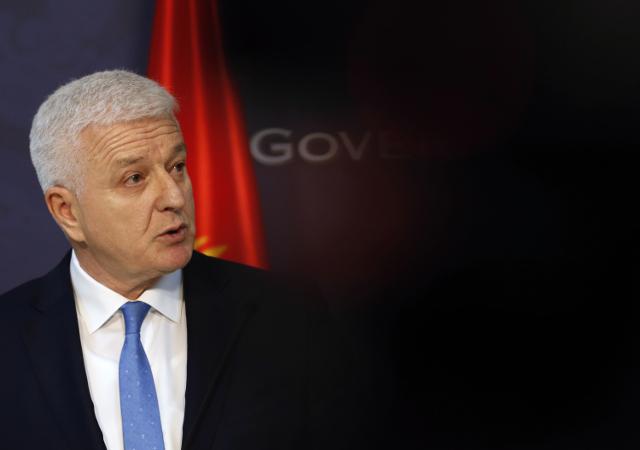
PM: Russian military intel officers behind Montenegro plot
According to him, the plot was organized by "two members of Russia's military intelligence.""We had certain hints about this scenario, but we didn’t have any tangible proof or evidence until Oct. 12. On that day, a man came to our services and divulged this entire scenario. He let us know that two Russian citizens were backing him. It later turned out that they belong to the Russian military intelligence service. Our prosecutor’s office launched (an investigation) to verify these allegations."
"The security services of NATO member countries also confirmed and corroborated our information. They helped us to put all of these pieces together, because all of these operations involved the interference of a third party. Servers were used for protected means of communication," said Markovic.
Asked whether physical evidence of this, "including the servers that were used for these communications" had been collected, he replied affirmatively.
"This scenario entailed shooting citizens, taking over the parliament, and according to one part of the scenario, the possible assassination of (then) Prime Minister Milo Djukanovic," Markovic said, when asked about "the ultimate goal" of the alleged plot.
The Montenegrin prime minister also said that "the only feedback" from Russia - which in the past rejected these accusations - was that "these two persons are nationals of Russia - and not a single piece of information more than that."
He also accused Russia of "interfering with Montenegro's election process."
"They started visibly supporting the political forces opposed to NATO. It was right out in the open. We were warning people about that. A lot of money was pumped in illegally. Russian officials were publicly threatening us. Their services were in touch with politicians, with the Orthodox Church, with NGOs, with some media outlets. An environment was created in which the pro-Western forces were supposed to lose," Markovic said.
Asked whether he feared that the same kind of scenario as that "in some parts of eastern Ukraine, where local protests against the pro-Western government in Kiev in 2014 grew into major conflicts with Russian state support" could happen in his country, Markovic replied:
"Yes, that’s the modus operandi Russia uses for destabilization. We’re aware of that. But continuously since the elections we’ve had obstruction of the state and its institutions here. They want to make this government nonsensical, the same goes for the judiciary, the prosecutor’s office, the law enforcement authorities. We don’t want to allow them to do that. We know it carries many risks. But we must defend our legal and constitutional order… regardless of what the Russian side is ready to do."
When the interviewer observed that Russia has shown "both in Georgia and Ukraine" its "willingness to use force against countries that seek to join the NATO alliance" - and asked if he was concerned about Russia’s reaction to the continued expansion of NATO, Markovic replied:
"I don’t think that Russia can carry out an operation similar to what it’s done in Ukraine. … Despite the aggressiveness from Russia, despite its victories in the Middle East, and in Ukraine, I don’t think the Western Balkans can be fertile ground for such attacks… You know, in a way, they applied the same approach to the elections in the United States. And I’m not sure the same scenario won’t take place in Germany and France during their elections."
The Montenegrin prime minister also revealed that he "doesn't believe" in a scenario where US President Donald Trump would "sit down with (Russian President Vladimir) Putin and strike some grand geopolitical bargain" that would allow Russia to establish a sphere of influence in the Balkans.
The magazine noted that while "Montenegro is pushing ahead with its bid to join NATO" the US is yet to ratify the membership document - with a senior US official telling TIME last week that the White House "currently has no plans to endorse Montenegro’s membership."
"Read all about it"
Reacting to another story in the Western media about Moscow's involvement in the alleged coup attempt in Montenegro - that published by the British Telegraph - the Russian embassy in London linked to the article, and posted the following message on Twitter: Russian Foreign Minister Sergei Lavrov on Monday dismissed the accusations presented in the British publication as "groundless.""We understand that the British media have an interest in everything. They have more than once hyped scenarios out of thin air, such as the Litvinenko issue. This news is just another one in a series of groundless assertions blaming our country for carrying out cyberattacks against the entire West, interfering in election campaigns in the bulk of Western countries as well as allegations pointing to the Trump administration’s ties with Russian secret services, among other things," Lavrov said, according to TASS, and added:
"Not one iota of evidence has been brought forward about these groundless accusations. The truth is not to be found in newspapers seeking to make headlines, but in a calm conversation. If you have questions, let us tackle them."
Montenegro’s Special Prosecutor Milivoje Katnic said earlier in an interview with the TV Prva channel that some "Russian agencies" had allegedly taken part in coup preparations in Montenegro, the Russian news agency noted in its report.
"There are some nationalist organizations from Russia behind these events and we know that some Russian state agencies were also involved," Katanic said.










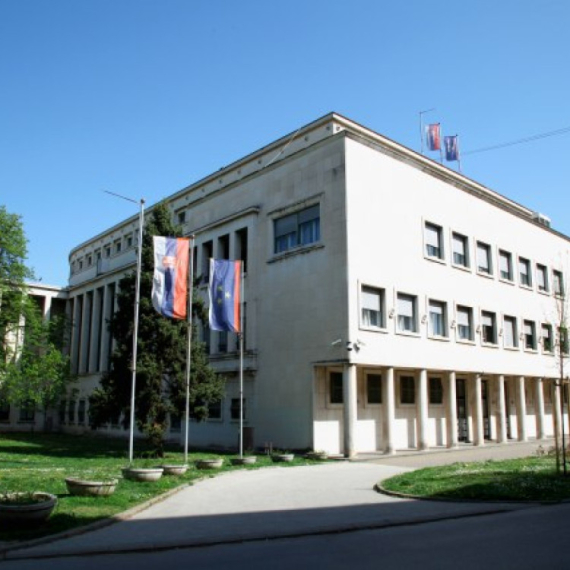



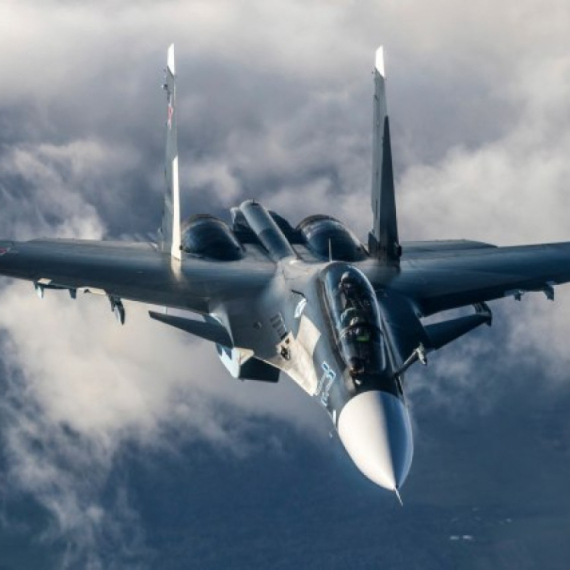
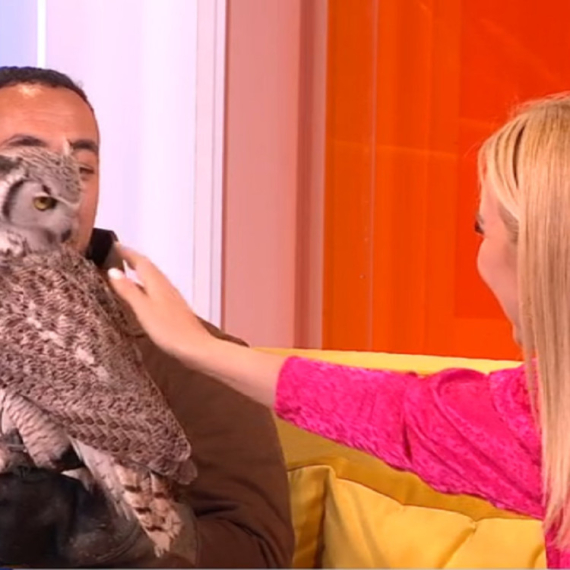

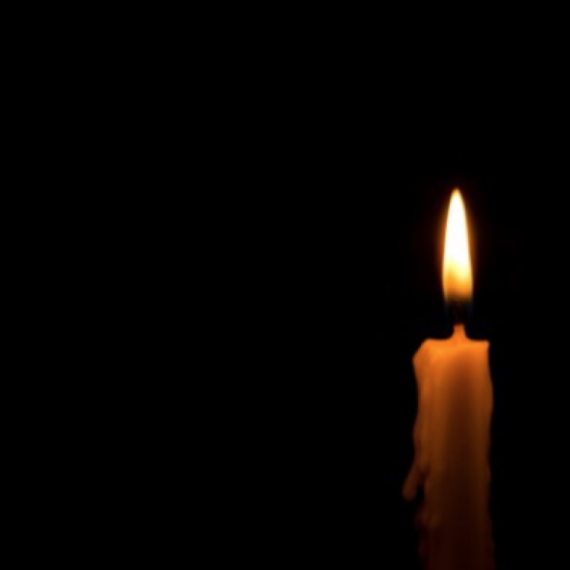
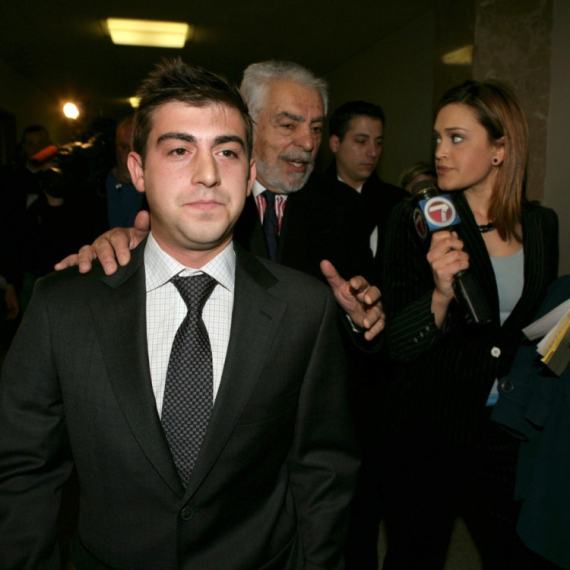




















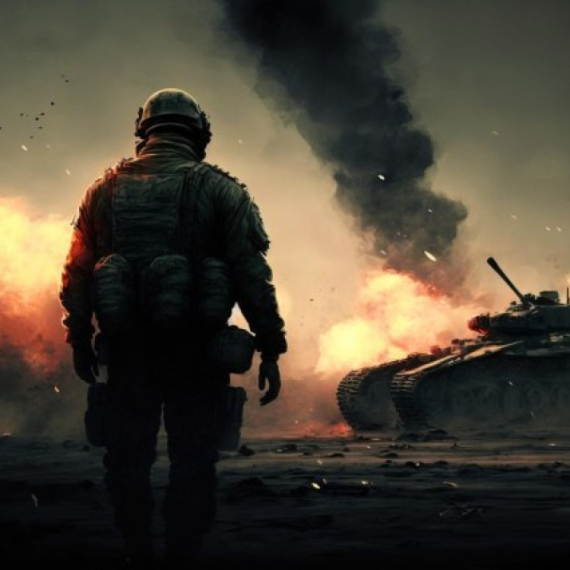







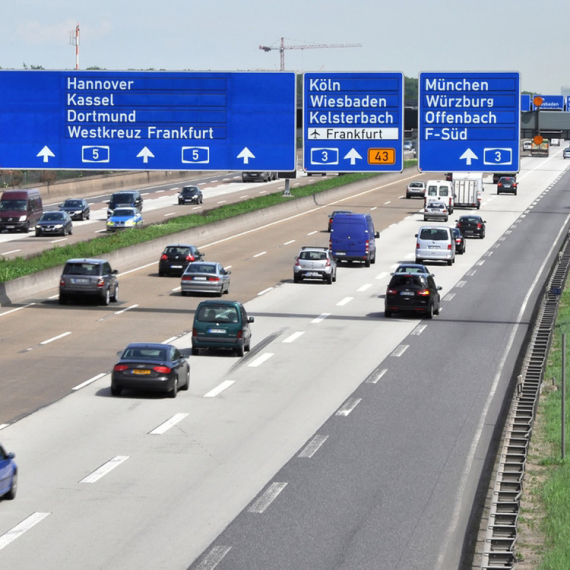




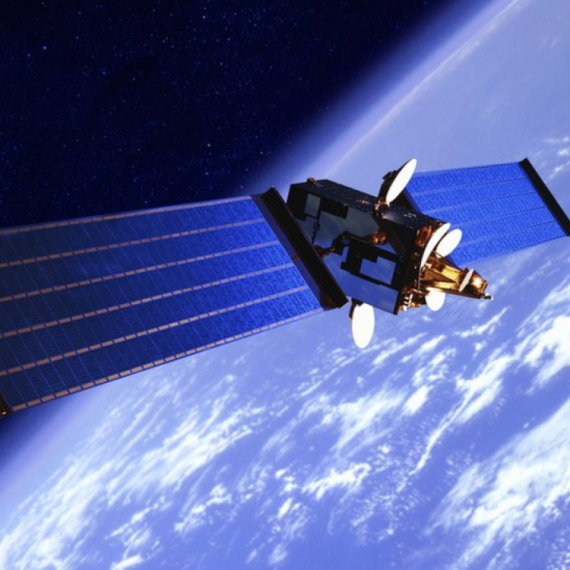
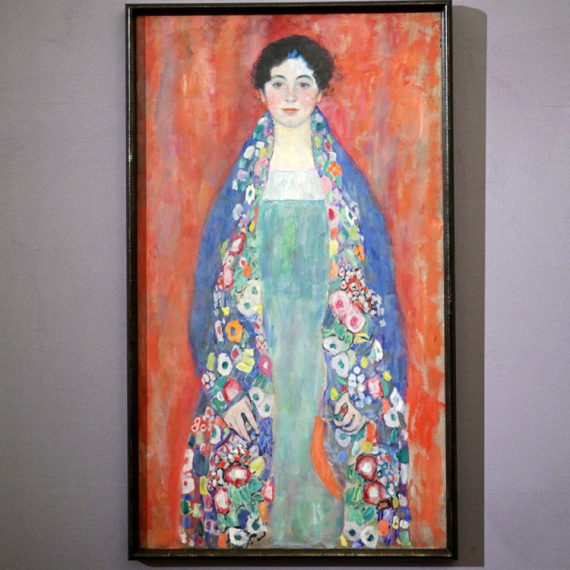

Komentari 16
Pogledaj komentare